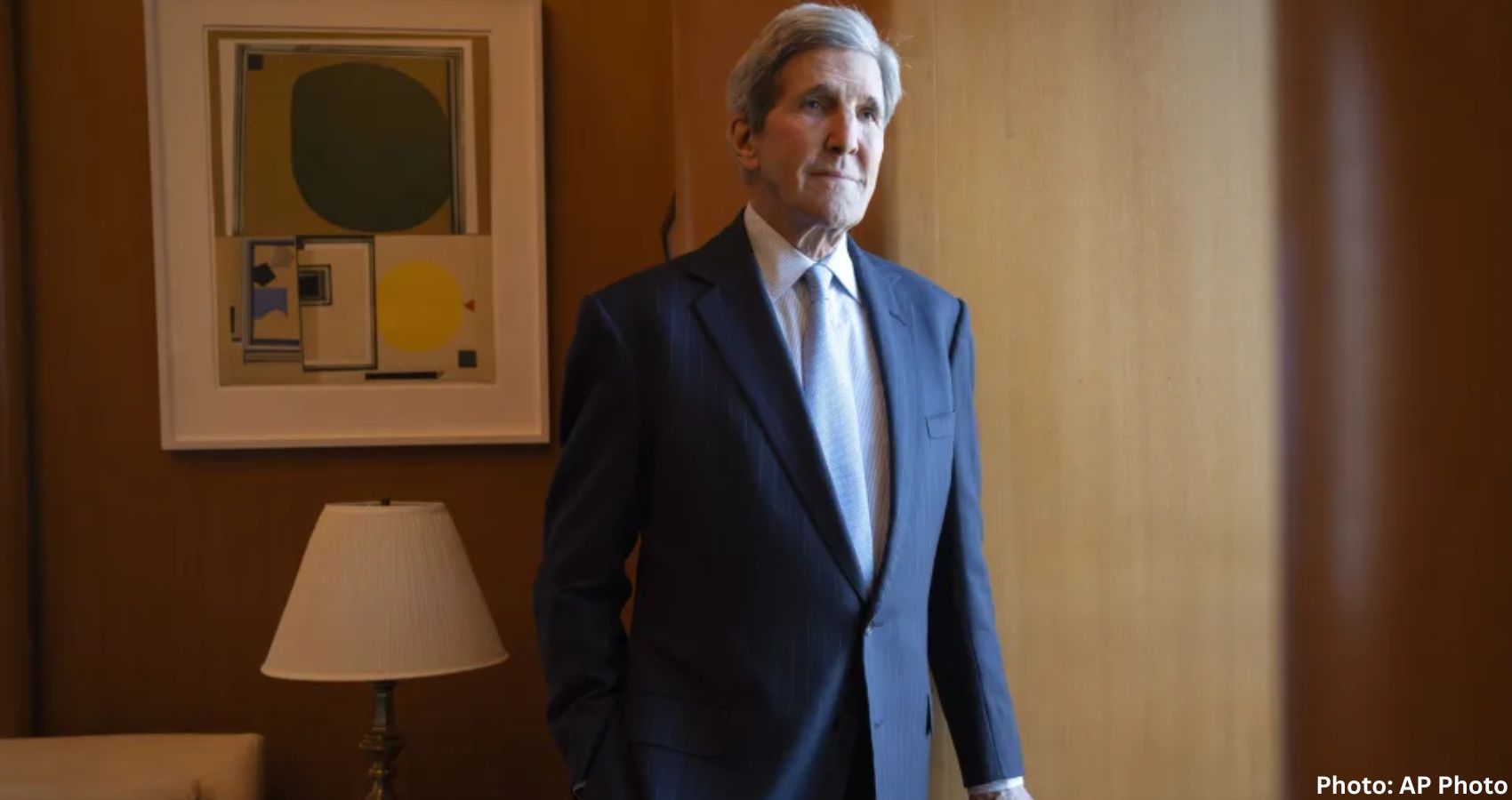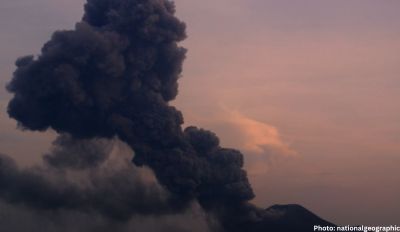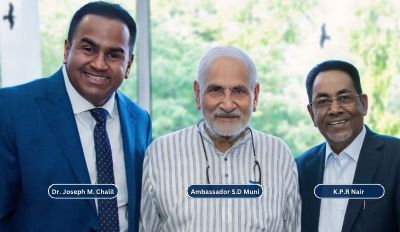Time was ticking away, and U.S. Climate Envoy John Kerry was acutely aware of the urgency of the situation. In the midst of mid-December international climate talks, progress had stalled, with no consensus in sight on phasing out the use of oil, gas, and coal—the very fuels driving global warming.
The looming deadline of the United Nations-sponsored conference, set just after Kerry’s 80th birthday, added to the pressure. Moreover, Kerry’s long-time Chinese counterpart, Xie Zhenhua, who had collaborated with him on previous agreements, announced his retirement, signaling a potential loss of opportunity at the COP28 summit in Dubai.
Reflecting on this critical juncture, Kerry remarked during a recent interview with The Associated Press, conducted prior to his impending retirement: “It made me bear down and get to a lot more meetings, one-on-one and otherwise, and frankly dragooned a few other people into the effort to persuade and make the difference.”
In the midst of negotiations, there was a surprising shift. The energy minister of Saudi Arabia, a nation historically resistant to diplomatic efforts to limit fossil fuels due to its oil wealth, agreed to language concerning “transitioning away” from carbon-emitting energy sources.
However, Kerry remained cautious, recalling previous victories that had slipped away at the last moment. Yet, this time proved different.
Instead, the resulting agreement marked a significant milestone, what Kerry now regards as the culmination of three decades of global efforts to combat climate change, all achieved within a mere 48 hours.
“This was a major breakthrough,” Kerry affirmed, expressing readiness to step down from his climate diplomacy role after three years. His retirement plans were announced in January, with Wednesday marking his final day in office.
Reflecting on his tenure from his office at the U.S. State Department, Kerry highlighted the significance of the Dubai agreement. He underscored that unlike the 2015 Paris Agreement, which primarily required nations to implement self-written plans, the Dubai consensus mandated an urgent transition away from fossil fuels, encompassing all greenhouse gases.
Nevertheless, not everyone shares Kerry’s optimism regarding international climate efforts. Climate negotiations historian Joanna Depledge cautioned against overstating the significance of the Dubai agreement, describing it as “overblown.”
Kerry’s departure from his climate role doesn’t signify a complete disengagement from the issue. He intends to participate in future negotiations, albeit in a different capacity, with White House senior adviser John Podesta leading the U.S. delegation.
Looking ahead, Kerry emphasized the pivotal role of the private sector in implementing plans to reduce fossil fuel usage and promote renewable energy. He stressed the need for significant investment, estimated at $2 trillion to $5 trillion annually, to address climate change effectively.
Despite stepping down, Kerry’s continued involvement in climate affairs aligns with his longstanding dedication to environmental causes. Historian Douglas Brinkley noted that Kerry’s commitment to conservation dates back to the early days of his career, reflecting a deeply ingrained personal mission.
The absence of Kerry’s counterpart, Xie, raises questions about future agreements. Former United Nations climate chief Christiana Figueres highlighted the exceptional trust and rapport between Kerry and Xie, crucial for fostering international cooperation.
Recalling past challenges, Kerry emphasized the resilience required to navigate the complexities of climate negotiations. His decades-long career, marked by both successes and setbacks, has equipped him with the fortitude to persevere.
Looking beyond politics and diplomacy, Kerry emphasized his broader contributions, including his work as a prosecutor and involvement in various social causes. While retirement beckons, Kerry remains committed to constructive engagement, believing that purposeful action is essential for personal fulfillment.
Kerry’s dedication to climate action endures, underscoring his belief that meaningful engagement is fundamental to a fulfilling life.











